The legal representatives of Nnamdi Kanu, the leader of the Indigenous People of Biafra (IPOB), have strongly contested the Nigerian government’s and judicial system’s decision to label IPOB as a terrorist organization. This declaration, according to the legal team, is seen as an attempt to legally validate the marginalization of the Igbo people. They questioned the inconsistency in federal policy, particularly highlighting why other groups with history of violence, like Miyetti Allah and Fulani herders, haven’t faced similar classifications despite their “murderous dispositions.”
During a world press conference in Abuja, the legal team, which includes lead counsel Aloy Ejimakor, Jude Ugwuanyi, and Nnaemeka Ejiofor, articulated their concerns. Jude Ugwuanyi, speaking for the team, pointed out the systemic discrimination against Igbos, stating, “Igbos have, on several occasions, alleged that the Igbo ethnic nationalities are discriminated against and marginalised by the Federal Government of Nigeria, and evidence of such marginalisation knows no bounds; it is a form of discrimination.”
Ugwuanyi further elaborated on IPOB’s identity and purpose, emphasizing that it advocates for self-determination due to the marginalization of the Igbo people (Ndi-Igbo). He drew comparisons with other ethnic groups and movements in Nigeria, such as the Arewa Youth Forum, Odua Peoples Congress, Miyetti Allah, and Niger Delta Avengers, none of which have been officially labeled as terrorist organizations by the Nigerian government, despite some being involved in violent activities.
The proscription of IPOB was enacted in 2017 by Justice Abdul Abdu-Kafarati, the then Chief Judge of the Federal High Court, following an ex parte motion by the former Attorney General of the Federation, Abubakar Malami. Justice Kafarati ruled that IPOB’s activities were illegal and posed a threat to Nigeria’s unity.
However, IPOB’s legal team has since challenged this proscription in court, arguing for the nullification of Justice Kafarati’s ruling. They assert that the designation was politically motivated rather than based on legal or just grounds. The contention is that this action is part of a broader pattern of disenfranchisement and marginalization of the Igbo community within Nigeria.
This challenge by IPOB’s lawyers underscores a significant legal and political debate about the rights of ethnic groups to self-determination and the application of terrorism laws in Nigeria, questioning the fairness and consistency of legal measures across different ethnic agitations.

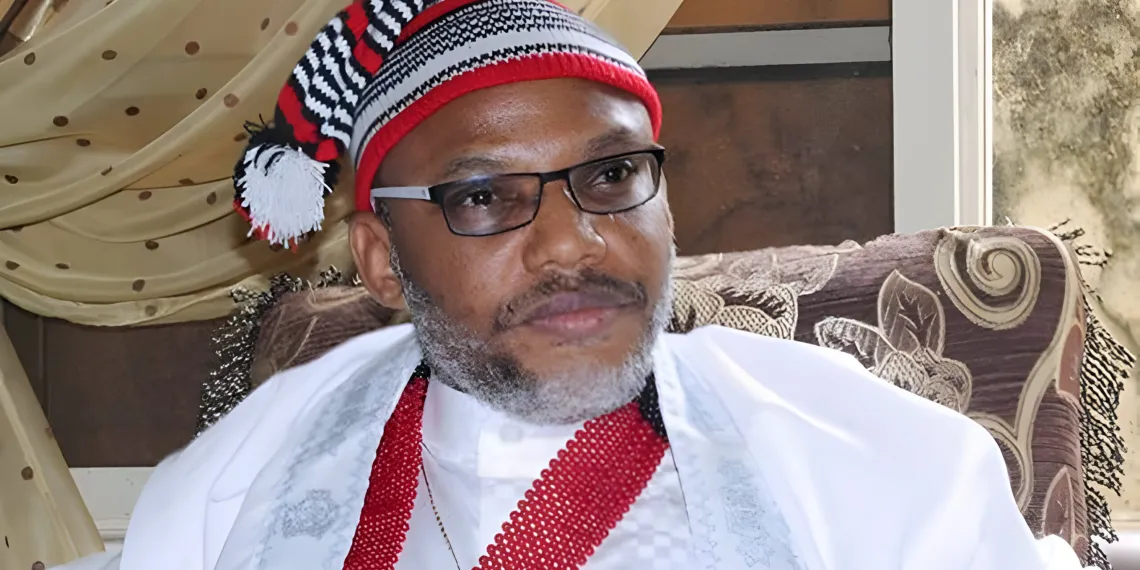


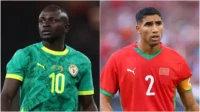

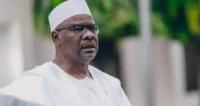
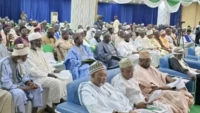
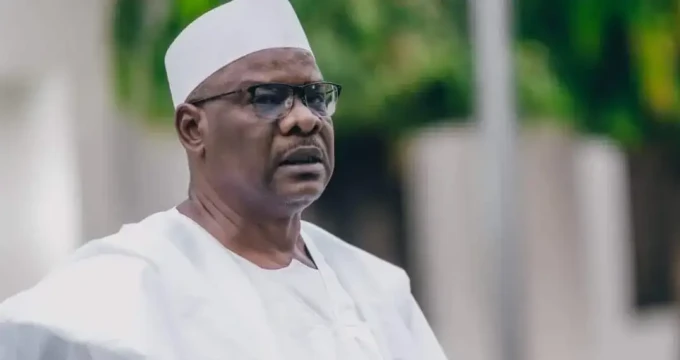
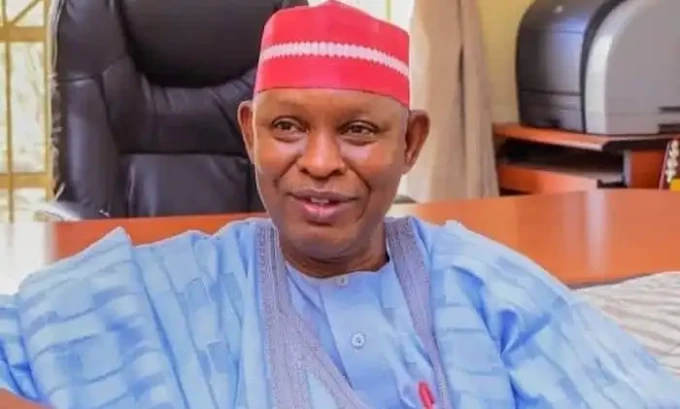
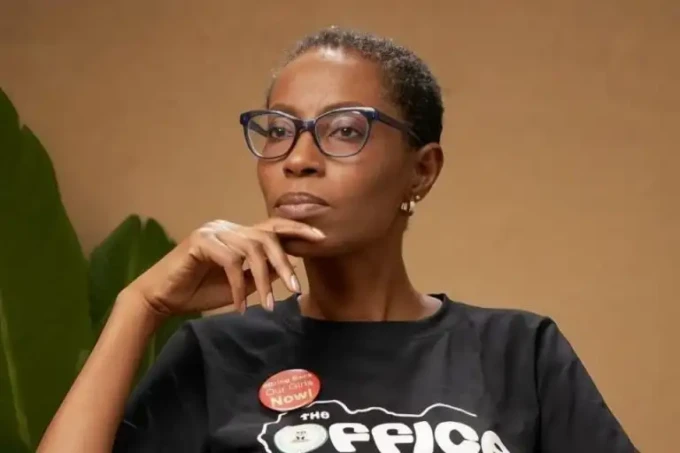
Leave a comment